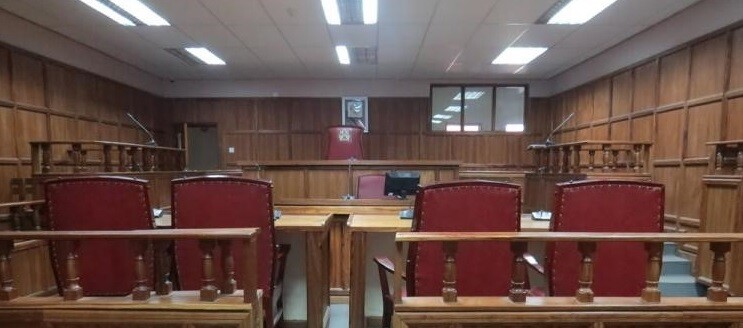
Fellow Malawians, do not underestimate the depth of corruption and unprofessional conduct within the Malawian judiciary that was being talked about earlier this week. It goes really deep. This is a problem practising lawyers have known and talked about for a long time, and judges themselves have acknowledged to be a problem. See, eg, the speeches of the last for years from the office of the Chief Justice.
What has alarmed some of us is the suspicion that the proportion of the unethical and unprofessional corps of the judiciary now probably exceeds that of the ethically upright and scrupulous, or that the former are now in positions of authority, with the result that the work of the judicial officers who do their work properly is easily undone by the wayward.
On some occasions, the judiciary has served as the last bastion of democracy and the rule of law in Malawi. It was due to the extraordinary bravery and professional discipline of a group of high court judges that the Malawian judiciary set aside a flawed 2019 presidential election and, in doing so, won international acclaim.
It is doubtful this feat can be repeated with the current judiciary. Within the last two years, the retirement of several senior judges has resulted in a reconfiguration of the courts and upset the power balance. This will only get worse because the current government has extended the retirement age for judges and ensured the status quo to remain for much longer or get worse.
We have reached this point because of the failures of the Judicial Service Commission (JSC), a constitutional body entrusted with disciplinary powers over judicial officers. Many in the legal profession know that the JSC is a sham and an embarrassment to everyone who holds the rule of law and justice dear. The JSC has operated like a secret club, has distinguished itself by inaction and evaded accountability for 26 years. Its appointment and promotion procedures lack credibility or basic tenets of fairness, while its disciplinary procedures are non-existent. The JSC has the record of a dysfunctional institution whose only claim to credibility is its connection to the judiciary. The JSC is not the judiciary, and so it must be subjected to public accountability in its fullness.
The recent debate in parliament on alleged unprofessional conduct by members of the judiciary should ordinarily raise public outrage and trigger statements of disapproval from various groups. Nothing of the sort has happened, precisely because many including some in the judiciary know and understand that the state of affairs in the judiciary as far as professional conduct is concerned is indefensible and something needs to be done. Parliament is the only institution that can hold the JSC accountable, and it must.
This is why the statement by the Magistrates and Judges Ass. of Malawi claiming that matters of professional conduct of judges must not be debated in parliament is laughable. According to the association, Malawians must respect the rule of law and judicial independence by reporting cases of misconduct to the JSC and be content with that.
This response is irrational because what the public and parliamentarians are alleging is that the judiciary is captured and unprofessional, and so, there can be no talk of judicial independence or the rule of law. The association knows fully well that the JSC has no record of dispensing discipline over judges, despite so many mind-boggling incidences of misconduct that have arisen. The JSC has instead served as a means to delay, derail and indeed frustrate justice as far as unprofessional conduct of judicial officers is concerned.
There’s no hope that anything will be done about this depressing state of affairs. The current government works on a quid pro quo basis. It has rewarded the judiciary for what it, wrongly I must add, deems was a personal favour the judiciary handed to it in 2020. On its part, the JSC is unlikely to act, and no one expects it can: it is too damaged and cannot handle the multitude of the professional misconduct we are talking about. It would take a special effort from a serious government to address this problem in full and properly.
The only realistic option left is public opprobrium. This is the only tool Malawians now have. Wherever possible, the public should continue to expose corruption and unprofessional behaviour in the judiciary.
*Post shared by Danwood Chirwa on his Facebook wall
Follow us on Twitter:
https://twitter.com/Malawi24














